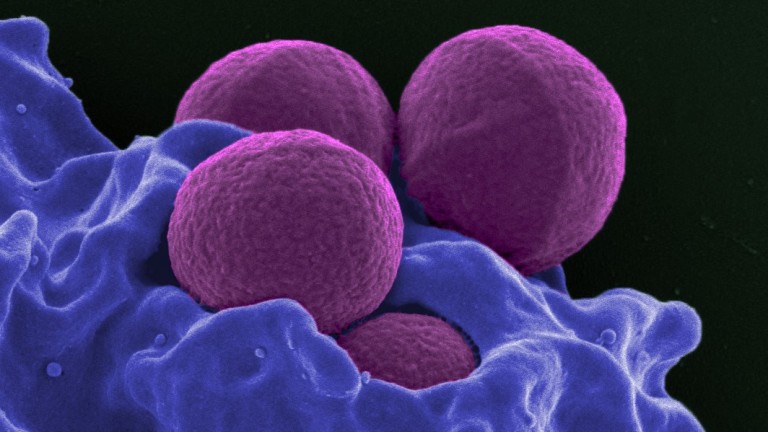A sampling of human blood has turned up a surprise: most people could be immune to one of the world’s biggest advances in genetic engineering.
It’s in our blood: Scientists searched the blood of 22 newborns and 12 adults for antibodies to the two most important types of Cas9, the cutting protein that functions as the business end of the gene-editing tool. They found the protective molecules in more than 65 percent of the people they examined.
So what? There are big hopes for CRISPR-based gene-therapy cures. But immunity could mean those treatments won’t work. Immune responses may “hinder the safe and efficacious use” of CRISPR to treat disease and “may even result in significant toxicity to patients,” write Stanford University’s Matthew Porteus and colleagues in a paper published on bioRxiv.
Why are we immune to this stuff? The most popular versions of the Cas9 protein come from two bacteria, S. aureus and S. pyogenes, that regularly infect people. We’re ready for them.
Workarounds: New CRISPR systems are out there, just waiting to be disovered in bacteria that the human body has never seen—like those living in hydrothermal vents, say. Extracting cells from our bodies, treating them with CRISPR, and then putting them back might also work.

